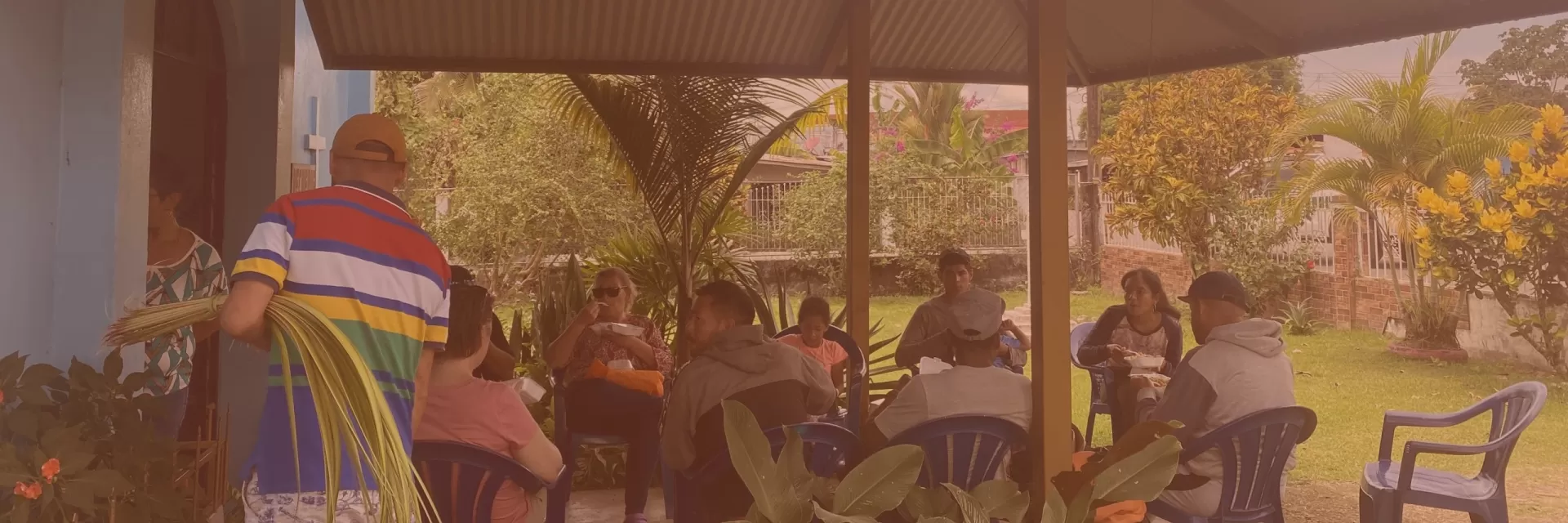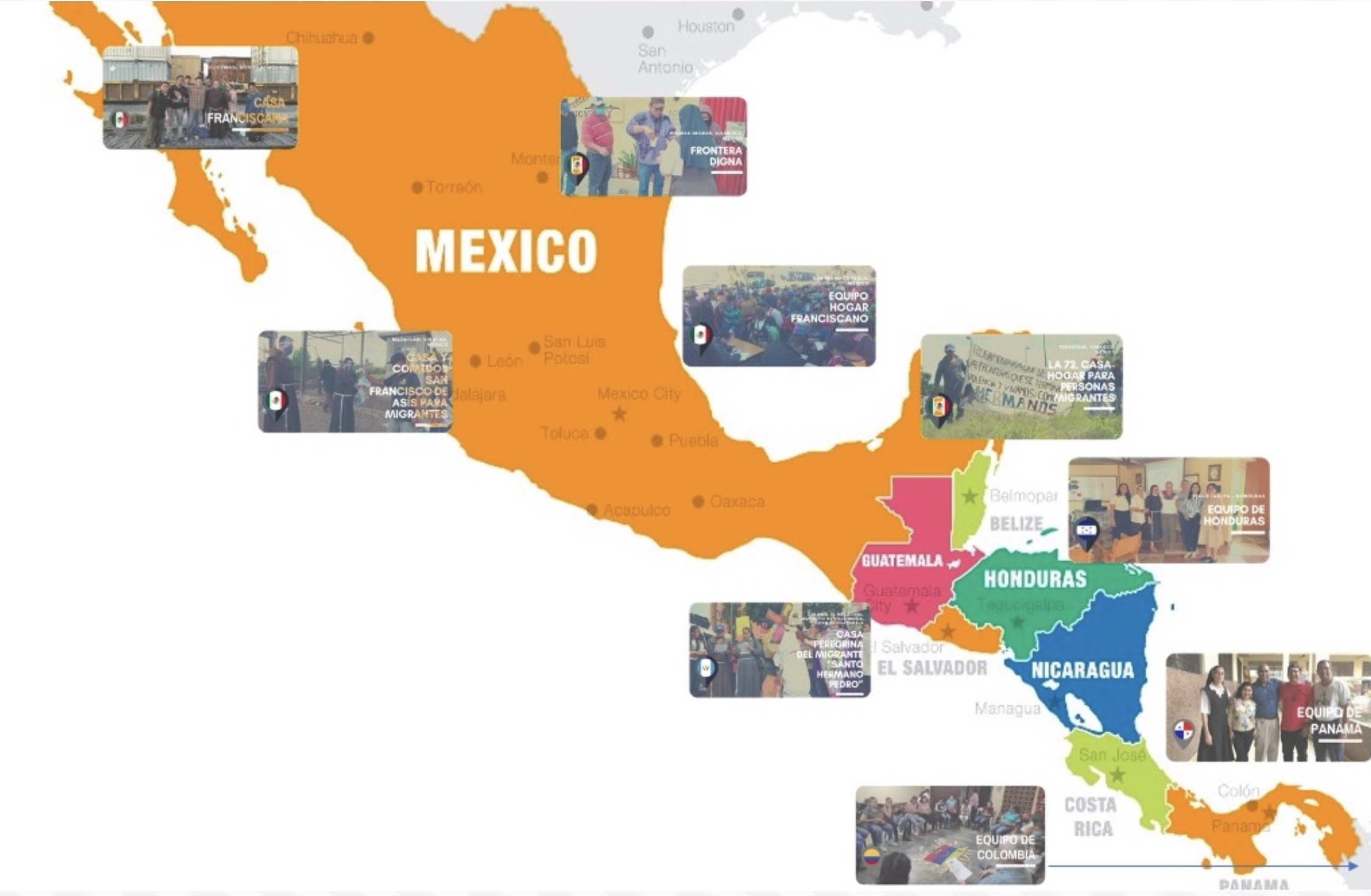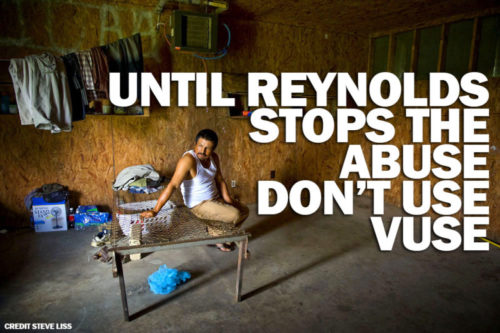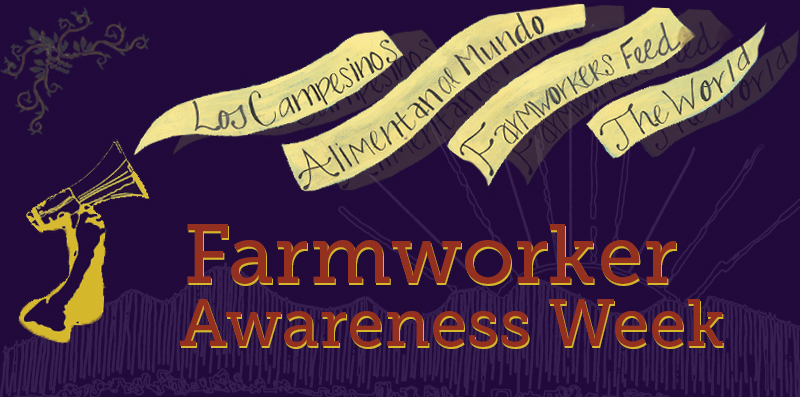Trump Unhinged
Over the last few days Trump has been tweeting and fuming over a caravan of migrants crossing through Mexico. Some, not all, may try to gain access to the United States, seeking asylum from economic marginalization and political violence in Central America. Nearly 80% of the 1,200 caravan participants are from Honduras.





